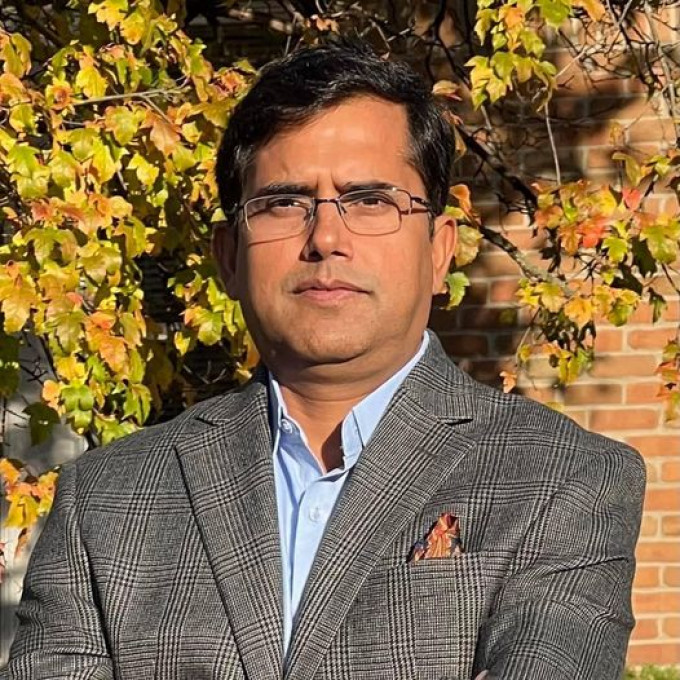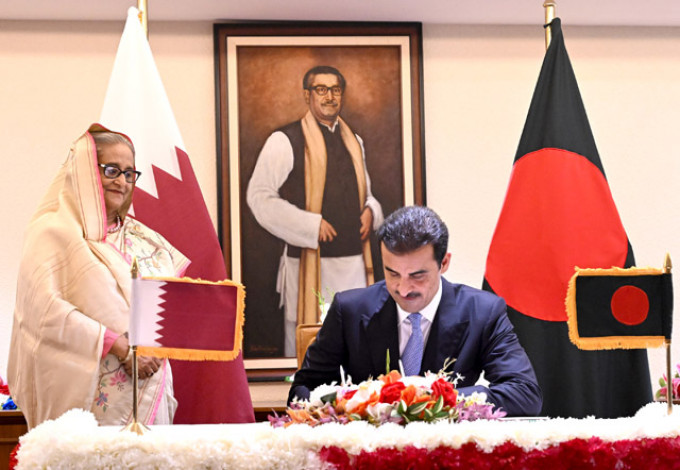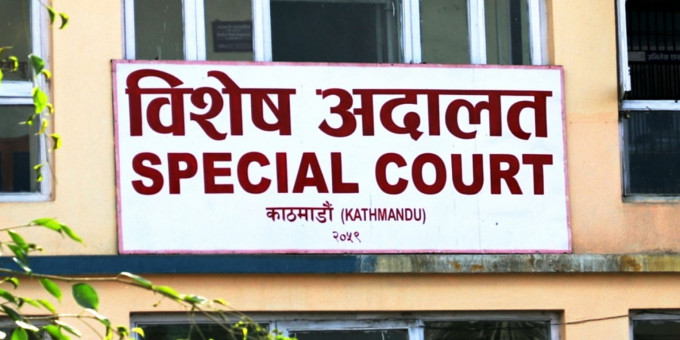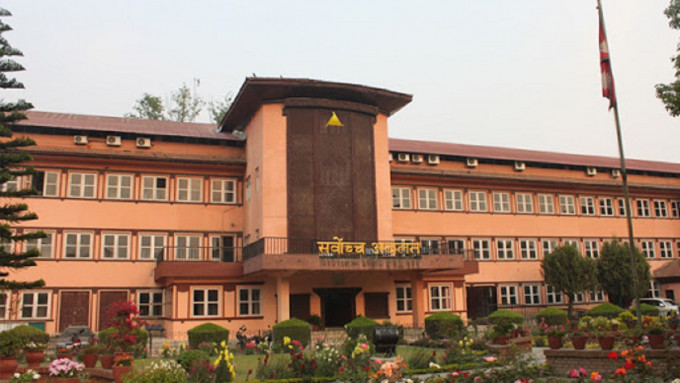A pair of colorful children’s scooters rest against the yellow tracks of a battle tank, parked in the shade of skyscrapers in the Vilnius business district. The area, usually busy with cars, cyclists and pedestrians, is closed to traffic and packed with heavy armored vehicles.
“Never in its history was Lithuania this safe,” says Jonas Braukyla, an IT engineer, who brought his family to see the U.S.-made Abrams tanks, German Leopards and Marders and other military hardware brought out to project NATO power ahead of an alliance summit next week. “They are even bringing Patriot missile defenses over here. Now we must help our brothers and sisters in Ukraine and I hope the summit will bring good news for them.”
The two-day summit starting Tuesday with U.S. President Joe Biden and other NATO leaders will be the most high-profile international event that Lithuania has hosted since it joined the alliance in 2004, and some locals hope it will be of historic significance.
“The Vilnius summit will be important, but not historic. I doubt that the decision on Ukraine’s future will be precise and affirmative,” said Dalia Grybauskaite, Lithuania’s former president.
Her skepticism reflects a widely held belief in the Baltic countries that the West, even after Russia launched the biggest war in Europe since World War II, has never truly understood the threat that Moscow poses to the continent.
Grybauskaite earned a reputation as the “Baltic Iron Lady” for her resolute leadership and bluntness, particularly regarding Russia. The European Union’s budget commissioner for five years before serving as Lithuania’s president from 2009 to 2019, she was one of few European leaders who warned of Russian interference in eastern Europe even before Moscow annexed Ukraine’s Crimean Peninsula in 2014.
Now, she says, many Western leaders are still grossly misled about the Kremlin’s real intentions and lack the political will to respond accordingly.
“After the Crimea occupation, the reaction from the West was very slow, despite Russia demonstrating openly in broad daylight that it could occupy the territories of neighboring countries,” Grybauskaite told The Associated Press in an interview this week.
“We tried to explain to them what that means, but we were criticized, laughed at, and not believed. Today, most of them agree who was right but that is not important anymore. What is more concerning is that even now they hear us, but they don’t listen.”
She said many Europeans still fail to understand the chasm in values between Russia and the West. She dismissed as “delusions” the idea that the two sides could find common ground through negotiations.
“It’s not just the war against Ukraine, it’s the quest against our entire civilization,” said the 67-year-old, who last week received the Manfred Wörner Medal, a prestigious German award for services toward peace and freedom in Europe. “If Ukraine does not achieve a definitive victory on the battlefield, the West will end up in limbo. The aggressive actions against it will last for decades to come.”
Resentment toward Moscow runs deep in Lithuania and in its Baltic neighbors, Latvia and Estonia, all of which toiled under Soviet occupation for five decades. Unlike many Western countries, they remained skeptical of peaceful co-existence with Moscow after the Iron Curtain fell.
Lithuania, which borders Russian ally Belarus to the east and Russia’s Kaliningrad exclave to the west, is investing heavily in its military, with plans to spend 3% of GDP on defense in the near future — well above the NATO target. Its skies are patrolled by NATO jets and Germany has pledged to deploy around 4,000 troops in Lithuania permanently. But critics worry that wouldn’t be enough to protect the country if the war spreads beyond Ukraine.
Vytautas Landsbergis, Lithuania’s first leader after it regained independence in the early 1990s, has mocked suggestions that an agreement with Russian President Vladimir Putin might be reached over Ukraine.
“As long as there is Russia, there will never be such a thing as ‘after the war.’ You should say it frankly: ‘after Russia.’ Maybe then the world would have a chance,” he told reporters this week.
That mindset makes some NATO partners uneasy. French President Emmanuel Macron earlier this year said the war in Ukraine must not turn into a campaign to “crush” the Russian Federation.
“I want Russia to be defeated in Ukraine, and I want Ukraine to be able to defend itself. But I’m certain that in the end this will not be resolved militarily,” Macron told French media at the annual Munich Security Conference in February. “I don’t think, as some do, that Russia must be totally taken apart, attacked on its territory. ... That was never France’s position, and it never will be.”
The small Baltic countries are among the top contributors of military aid to Ukraine on a per-capita basis. They’re also among the staunchest advocates of inviting Ukraine to join NATO, another sensitive issue in the alliance. Offering Ukraine a roadmap toward NATO membership will be on the agenda in Vilnius, where streets and squares have been decorated with blue-and-yellow Ukrainian flags for the summit.
“The accession process must start, because waiting for a post-war situation allows Putin to never ever finish this war,” Grybauskaite said. “If we really care about the security of NATO territory, Ukraine inevitably needs to be part of it.”
READ ALSO:









